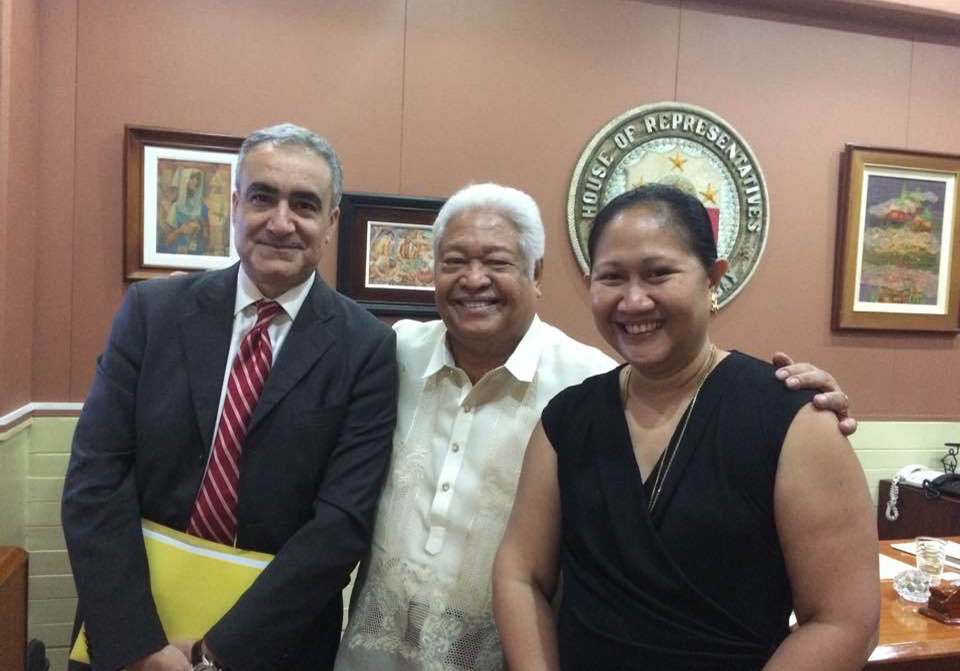The ICJ today urged President Duterte to respect the judiciary’s institutional independence and allow it to conduct its work, particularly in disciplining its own judges, without external influence or undue interference.
This week, President Duterte publicly released a list of public officers, including judges, who are allegedly involved in the illegal drugs trade. In response, on 9 August 2016, Chief Justice Maria Lourdes Sereno wrote to President Duterte noting that it is the responsibility of the judicial branch to discipline judges.
In her letter, the Chief Justice also stated that the disciplining of judges should be done without compromising the independence of the judiciary.
In response, President Duterte warned Chief Justice Sereno not to set off a “constitutional crisis”, saying that he may “order” the executive department not to “honor” the judiciary.
According to the UN Basic Principles on the Independence of the Judiciary and the UN Special Rapporteur on the independence of judges and lawyers, the body responsible for the discipline of judges should be independent of the executive and composed mainly (if not solely) of judges and members of the legal profession.
The ICJ therefore calls for the Supreme Court of the Philippines to be free to establish and employ its established mechanisms to discipline its own judges, in full respect for procedural guarantees.
On a related issue, the ICJ is now in the Philippines to speak to lawmakers regarding a proposal to re-introduce the death penalty and its concerns regarding the recent spate of extrajudicial killings in the country.
The organization has previously written to President Duterte regarding its concerns on the proposal to re-introduce the death penalty and the rising number of deaths of people who are alleged to be involved in the illegal drug trade.
“The proposed reintroduction of the death penalty, the spate of extrajudicial killings, and the fervor currently exhibited by President Duterte in going after allegedly corrupt members of the judiciary are directly linked to his zeal to address a perceived widespread drug menace in the country,” said Sam Zarifi, ICJ’s Regional Director for Asia and the Pacific.
The ICJ strongly urges President Duterte to focus his efforts in strengthening key institutions such as the judiciary so that they can be strong allies in his efforts to address crime in the country.
Contact:
Emerlynne Gil, ICJ’s Senior International Legal Adviser, t +66 840923575 ; e: emerlynne.gil(a)icj.org
Picture: Sam Zarifi and Emerlynne Gil with Congressman Edcel Lagman (in the center), the main proponent of the law that abolished the death penalty in the Philippines in the past. He is now leading the charge in the House of Representative to try to defeat the proposal to reimpose the death penalty.





